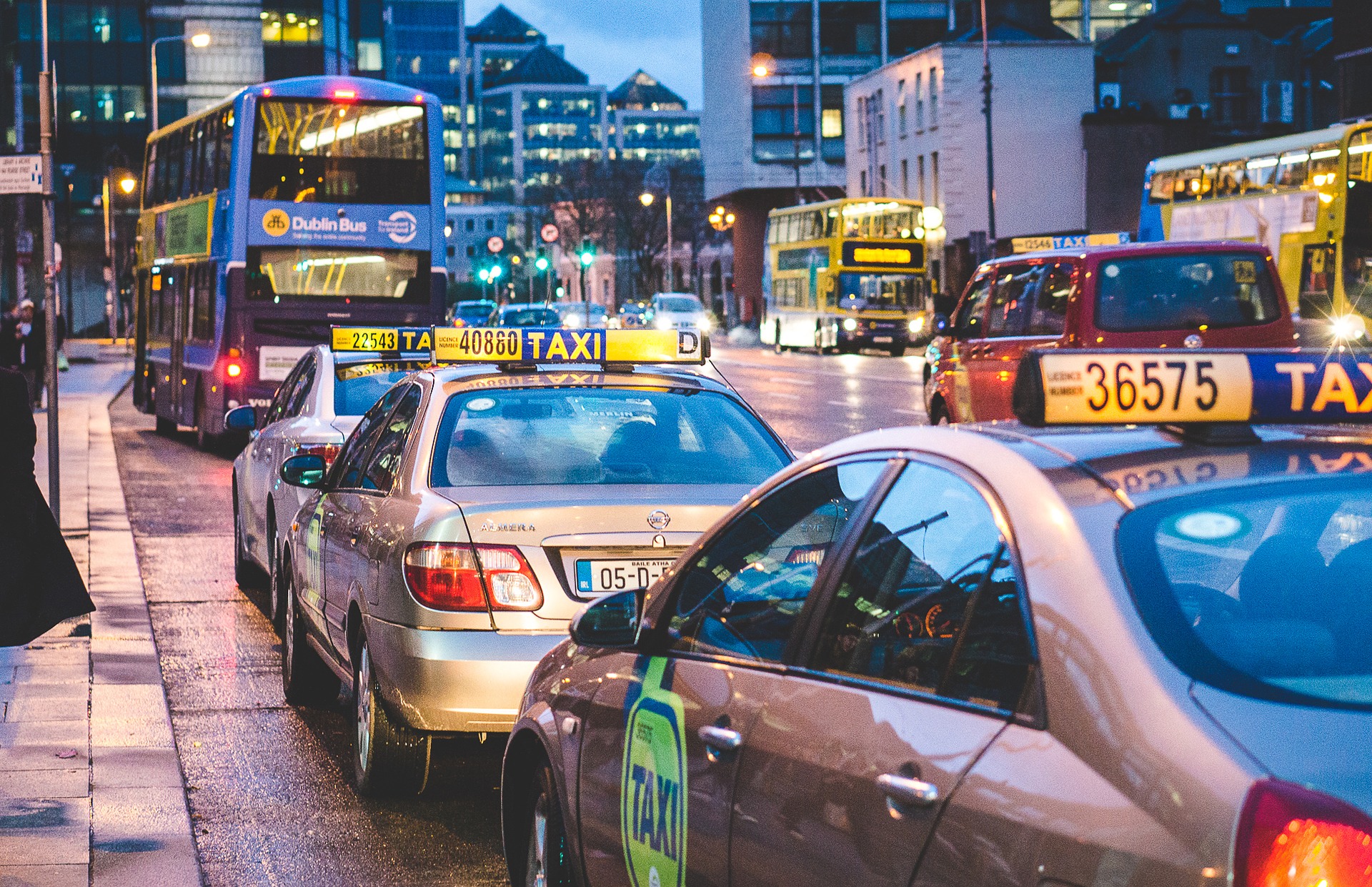What are the Legal Requirements to Run a Taxi Business?
Sep 28, 2017 18:18

When it’s late at night and the last bus and train home have gone, they offer many of us a lifeline. Within a few minutes, they can take you from the office, bar or nightclub to your front door in one piece, all without having to stop for other passengers. Calling a cab is pretty easy, but what about running one?
Taxi businesses have been in the news lately - one of the biggest in the world recently had its licence taken away to operate in London. This move has left millions of customers and thousands of drivers in the lurch, but it has also shone a light on the legalities of running cabs. To operate a taxi company, there are many laws to comply with.
Several Licences
Cab drivers working for a company or on a self-employed basis need a clean driving licence. This is the first and most important piece of paperwork to complete. For businesses entering the taxi industry, specific licences for drivers are needed. Due to different powers for local and regional governments, different ones in the UK are needed in London and Northern Ireland.
Drivers need to take a series of tests in order to obtain the relevant licence. These are in place to prove that they can be trusted to drive safely with passengers in tow. These tests differ in different parts of the country, as local councils are responsible for handing out a licence to drivers and businesses.
Road Legal Vehicles
Aside from drivers’ licences, vehicle licences are needed too. In the UK, these are needed for each individual vehicle, and they must have no more than eight seats. Finding a cab for sale through somewhere Cab Direct will make it easier for aspiring cab firm owners to stay legal.
Once you have the relevant vehicle, the next step is to hand it over to whoever is responsible for the vehicle licence. They will then perform a series of checks before giving you the go-ahead to use it, looking at such things as the taximeter (the device that monitors the mileage and cost of each trip) and the engine.
Insurance is the last important item that taxi businesses must have. Getting a taxi insured is a little more complicated than it would be for an ordinary car. Aside from covering the driver for hire and reward, it should list the driver as the named person responsible for the relevant vehicle. Look at taxi-specific insurance, wherever your business is based.







































































